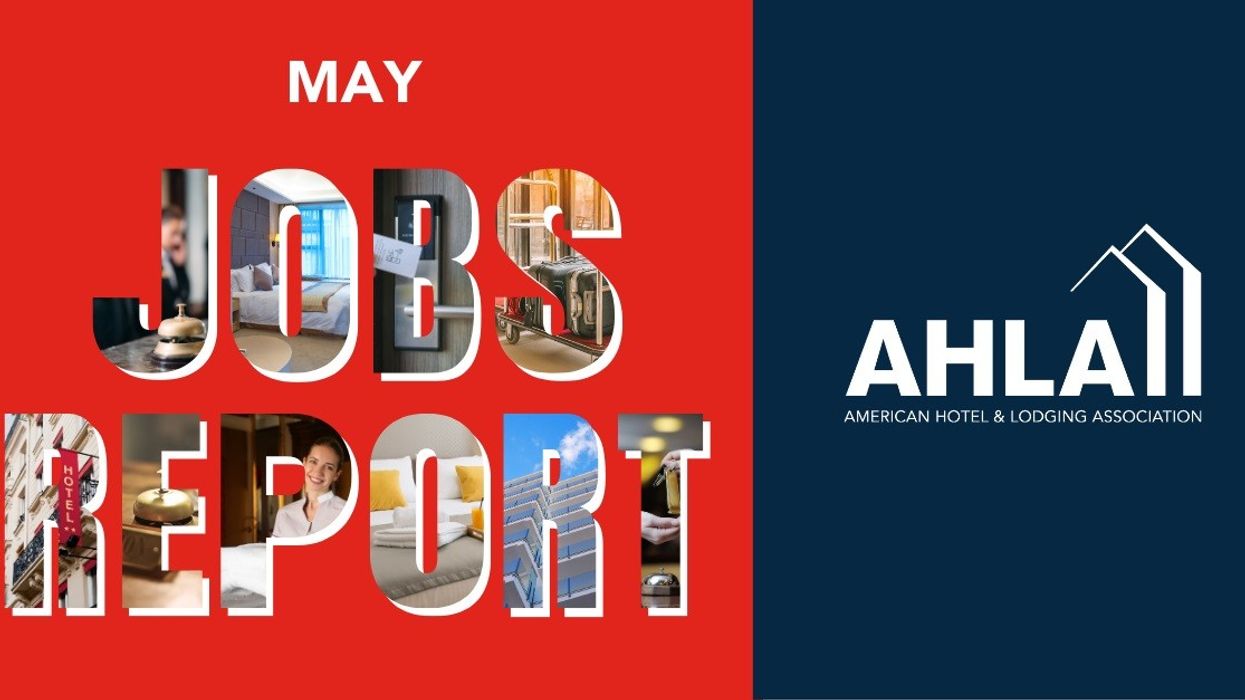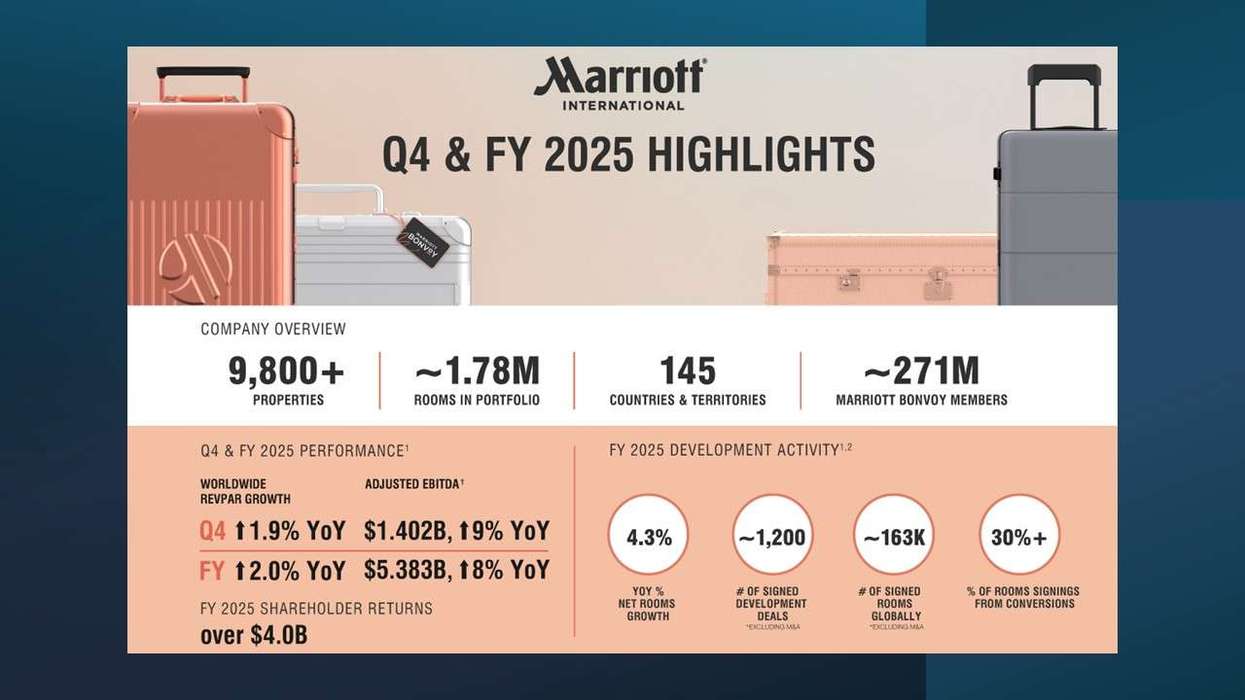U.S. HOTELS ADDED 700 jobs in May, highlighting persistent workforce shortages, with 191,500 vacancies since early 2020, according to the American Hotel & Lodging Association. However, a survey by AHLA of hoteliers in May found 76 percent of respondents are experiencing a staffing shortage and 13 percent reported they are severely understaffed, meaning the shortage is affecting their hotel’s ability to operate.
By comparison, in a January survey, 67 percent said they were experiencing a staffing shortage, and 72 percent said they were unable to fill open positions.
Total hotel employment is now approximately 1.92 million, according to the Bureau of Labor Statistics. This is still 191,500 short of pre-pandemic levels in February 2020, highlighting the ongoing struggle to find workers.
AHLA urged the Department of Homeland Security to issue 65,000 more H-2B visas under the authority granted by the Further Consolidated Appropriations Act.
“Hotels are ready to grow and create more jobs, but the nationwide workforce shortage that has persisted in the post-pandemic economy is preventing that from happening,” said Kevin Carey, AHLA’s interim president and CEO. “Congress and the administration can provide relief to hoteliers by taking a number of key steps to increase the pool of available workers. Those include expanding the number of H-2B visas, extending the certification period for H-2B employees, and making it easier for qualified asylum seekers to start working in the U.S.”
Hotel job vacancies surge
The May survey of hoteliers also found that, over the last six months, 86 percent of respondents have increased wages, 52 percent have offered greater flexibility with hours, and 33 percent have expanded benefits to cope with the nationwide workforce shortage. AHLA said average hotel wages have surged 26.4 percent since the pandemic, outpacing the general economy's 21.7 percent increase.
Still, 79 percent say they are still unable to fill open positions. The most critical staffing need is housekeeping, with 50 percent of survey respondents ranking it as their top hiring need. As of April, the U.S. had 8.1 million job openings but only 6.5 million unemployed individuals to fill them, according to the Bureau of Labor Statistics.
“Strong summer travel demand and a nationwide workforce shortage have combined to create more pay, perks, and upward mobility for current and prospective hotel employees,” said Carey. “But hotels need access to more workers to continue creating jobs. AHLA is lobbying Congress and the administration for a variety solutions to grow the workforce, while the AHLA Foundation’s Empowering Youth and Registered Apprenticeship programs continue to give workers the tools and support they need to enter, advance, and succeed in our industry.”
Policy priorities
In addition to issuing H-2B visas, AHLA urged Congress to pass several bills, including the Closing the Workforce Gap Act of 2024, the H-2 Improvements to Relieve Employers (HIRE) Act, and the Asylum Seeker Work Authorization Act, to help hoteliers expand their workforce and operations.
- The Closing the Workforce Gap Act of 2024 (H.R. 7574) aims to replace the annual cap of 66,000 H-2B guestworker visas with a needs-based allocation system.
- The HIRE Act (H.R. 4708) proposes extending the H-2A/H-2B labor certification period to three years and permanently authorizing the waiver of in-person interviews for returning workers. This would simplify hiring in fields facing recruitment challenges, providing critical staffing relief to seasonal small business hotels and supporting the industry’s recovery.
- The Asylum Seeker Work Authorization Act (S.255/H.R.1325) would grant work authorizations to asylum seekers at ports of entry 30 days after applying for asylum, provided certain conditions are met. This change would help hotels address critical staffing needs by allowing eligible asylum seekers to work sooner, rather than waiting at least six months under current law.
These measures are crucial for addressing staffing shortages in the hotel industry and supporting its recovery and growth, AHLA said.
In April, AHLA announced it is considering all options, including litigation, to contest the U.S. Department of Labor’s final rule on overtime regulations under the Fair Labor Standards Act, fearing it may force many hoteliers to eliminate key managerial positions crucial for career advancement.






